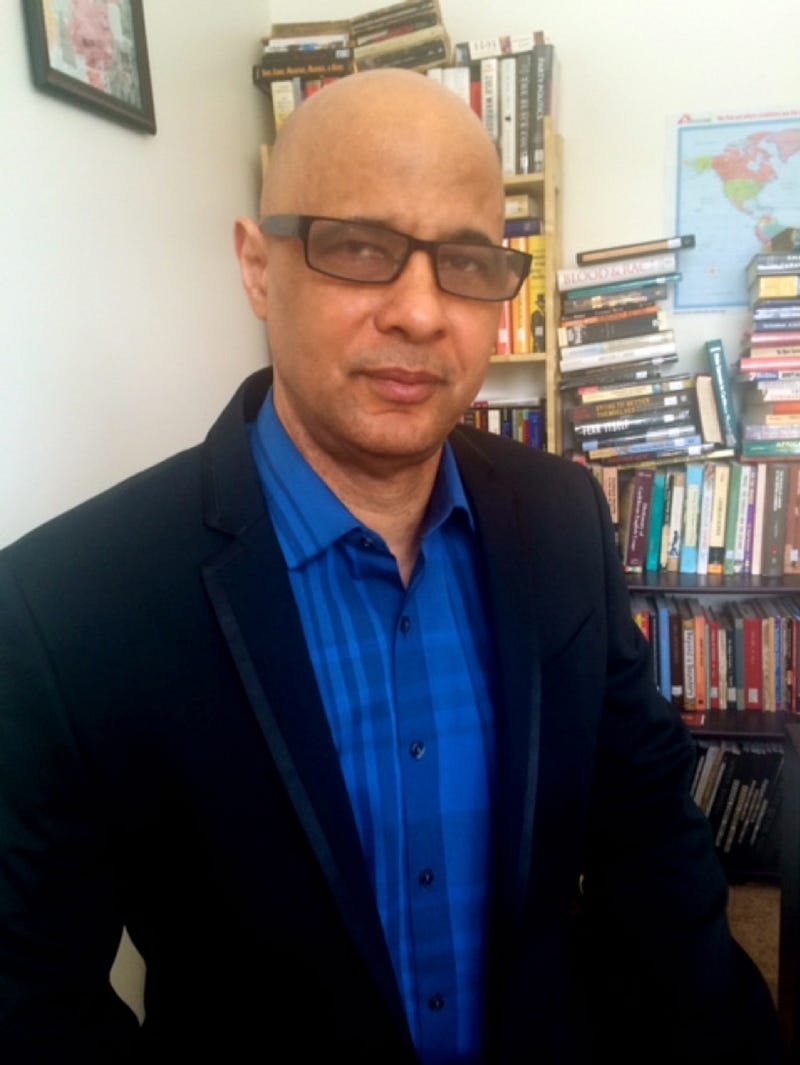
Dear
Spectator
Editorial Board,
On Friday last I attended the showing of the “I am Rohingya” documentary organized by a student group on campus. This extremely moving film addresses the plight of the Rohingya people, a Muslim minority population facing genocide
and mass expulsion at the hands of the Myanmar (Burma) regime. Hundreds
of thousands of Rohingya have fled from the genocide into refugee camps in Bangladesh. Those remaining continue to face daily brutality, gang rapes, social exclusion, and humiliation, all typical of ethnic cleansing. The silence of Nobel Prize winner and leader of Myanmar, Aung San Suu Kyi, in the face of the crisis, is appalling. Nonetheless, calls for her to be stripped of the Nobel Prize have been declined on the grounds of procedure and protocol. The silence is not only hers: what the film brings into focus is the general indifference to this genocide. And silence is complicity, in a world where mass and fast communication and
social media are practically at the disposal of a vast swathe of humankind, and there can be no excuse that people are silent in spite of awareness of the terrible plight of the Rohingya.
Indifference to genocide and repression even where confirmed evidence
is available seems to be a consistent feature in history. When King Leopold
of Belgium and his forces tortured and murdered 10 million Congolese for
ivory, rubber, and other products the world reacted only in fi ts and starts to the unveiling of the horror. To this day the Congolese genocide is little known or discussed, even in academia. But the judgment of George Washington Williams on events in the Congo is instructive: Williams, a black veteran Union soldier in the American Civil War was invited to witness the “good things” being accomplished by King Leopold’s antislavery facade. What Washington witnessed led him instead to declare what was occurring in the Congo a “crime against humanity”. This phrase is still used in modern human rights fora as a descriptive for ethnic cleansing and genocide.
Silence and blatant inaction were also present in the 1930s prior to the Holocaust when the Nazis carried out mass pogroms against Jews. Only after the war was the full extent of the horror acknowledged on the world stage and nations pledged to confront and prevent genocide and conventions were adopted.
But these conventions were defied and ignored during the Cold War. Very
few knew or spoke up for the million-plus massacred by the US supported
Indonesian military in 1965. Then in the recent past, it was Cambodia, Chile, Rwanda and Kosovo and so many more instances of genocide human suffering, and parallel inaction by the world community. In very few cases was there timely intervention except by those few brave souls and organizations across the ideological divide who carry the message and speak truth to power.
It is not only the Rohingya people who face genocide and ethnic cleansing
in modern times. The children, women, and men of Yemen, Syria, South Sudan, the Central African Republic, and Honduras also face genocide.
It should be our duty to expose and condemn any crime against humanity, no
matter the ideological or political quarter from which it occurs. Unfortunately, in these times influential states like the United States decide, on account of selfish economic and strategic imperatives, who receive support when it comes to the victims of genocide and refugees. This leads to what someone has described as “worthy and unworthy victims.” By this standard, the sufferers under the Saudi Arabian state, no matter the abuses that state perpetrates against its own citizens and its invading of neighboring states like Yemen, are “unworthy” victims. The Rohingya, too, are apparently “unworthy” victims. Only one organization, Doctors across Borders, appears to be directly addressing the plight of these people.
“I am Rohingya” is required viewing. Thanks to the student organization for
taking a small step towards building our common awareness of the forgotten.
There are those among us who writhe in discomfort over these issues because
they are uncomfortable. In other words, our national reflex is to avoid these tragedies lest we are caught having to choose between “worthy” and “unworthy” victims.
The Rohingya people deserve our active solidarity.
Sincerely,
Nigel Westmaas
Africana Studies

















